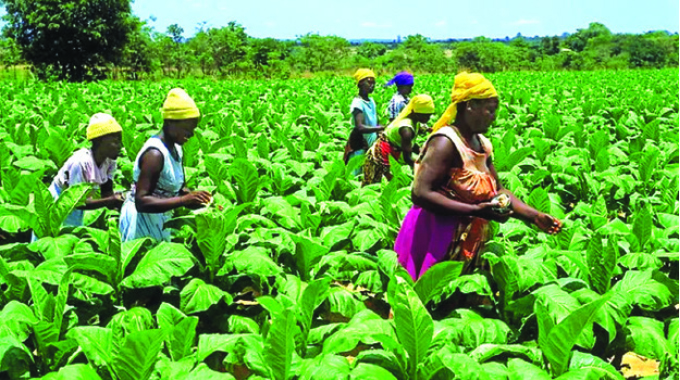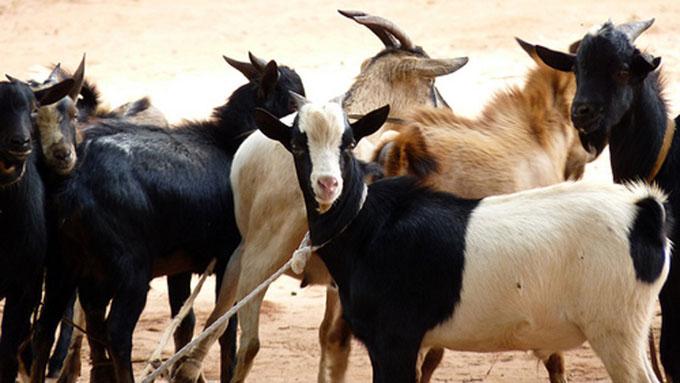TIMB bans Voedsel from contracting tobacco farmers

Business Reporter
THE Tobacco Industry and Marketing Board (TIMB) has banned leading tobacco company Voedsel from contracting farmers this year after, for the past two years, failed to pay farmers, officials have said.
According to TIMB, Voedsel failed to pay some of its farmers in the past two years and was declared an “unsuitable player.”
With buying facilities in various tobacco-growing regions including Rusape, Marondera and Karoi, Voedsel was among the major financiers of tobacco under contract schemes.
It, however, has been on several occasions blamed for side marketing.
“Voedsel won’t be participating this year because they owe huge amount s of money to tobacco growers,” said one official who declined to be named as a result of not being authorised to talk to the press.
“In fact, the deadline for contracting farmers was October 31, (2022) and November 31, is the deadline for disbursing the inputs.”
In a recent note to stakeholders, TIMB said some tobacco growers have not been paid and this has affected the preparation for the 2022/23 season.
“The board greatly appreciates the efforts of all tobacco growers who have put in the work to make the season a resounding success,” said TIMB.
“However, we are aware that some tobacco growers have not yet been paid for tobacco sold during the 2021/ 2022 marketing season and this has affected timeous preparations for the 2022/ 2023 season.”
“The board is working towards resolving the issue to ensure that all outstanding payments are disbursed.
“All growers who completed sales but have not received full payment are advised to call TIMB for assistance,” it added.
The TIMB also noted that large amounts were owed to merchants by tobacco growers.
Tennyson Hwandi, a director at Vodsale blamed “white-owned companies” for working against indigenous tobacco merchants.
“Big tobacco companies are being threatened by black-owned tobacco companies, and Voedsel being one the major players, has been a target.
“They are determined to see us closing down,” said Mr Hwandi insisting that “we are already giving our farmers inputs.”
However, another TIMB official said, “if it is true that they are issuing the inputs, it is very illegal because we have not licensed them.” TIMB spokesperson Chelesani Moyo did not answer calls seeking comment on the issue.
The final sale of tobacco for the 2022 tobacco marketing season was October 21 A total of 212,7 million kilogrammes of tobacco had been sold at a value of US$650,3 million.
This is an increase compared to 211,1 kilogrammes sold during the same period in 2021 at a value of US $589,6 million.
The TIMB said it was working with its parent ministry of Lands, Agriculture, Fisheries, Water and Rural Development to bring order and sanity to the industry as it seeks to achieve a US$5 billion industry by 2025.
“Orderly marketing remains fundamental to the continued success of the tobacco industry,” it said.
According to the Tobacco Value Chain Transformation Plan, approved by the Cabinet in 2021, local funding of tobacco has the potential to maximise net export proceeds. But only to the extent banks have the capacity to fund local inputs producers with domestic resources.
The plan also seeks to raise localisation of tobacco funding to 70 percent by 2025, boost output to 300 million kilogrammes, increase the level of value addition of the leaf into cut rug and boost the production of cigarettes to 30 percent from 2 percent.










Comments